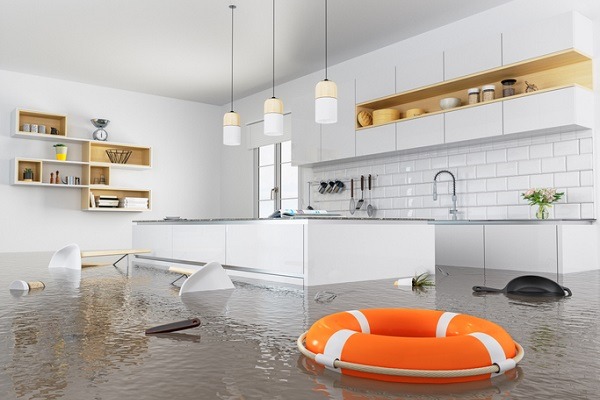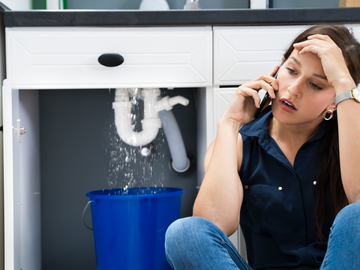In industrial settings where precision and efficient operations are paramount, the humidity leak sensor emerges as a critical tool. These devices are crucial for quality assurance teams, instrumental in detecting leaks and preventing costly damage. A thorough understanding of how these sensors function not only empowers QA teams but also enhances operational efficiency and safety.
Given the importance of humidity leak sensors in maintaining operational integrity, it's essential to dive deeper into their functionality, benefits, and why industry QA should prioritize their implementation.

Understanding Humidity Leak Sensors
Humidity leak sensors are designed to detect moisture levels in confined spaces. They are particularly suited for environments where moisture could lead to severe operational disruptions or safety hazards. These sensors work by continuously monitoring humidity and triggering alerts when levels exceed predetermined thresholds.
This proactive approach to monitoring helps in identifying leaks before they escalate into major issues, safeguarding valuable equipment and ensuring compliance with industry standards.
Benefits of Humidity Leak Sensors for Industry QA
The integration of a humidity leak sensor within industrial operations offers several advantages. Primarily, they contribute to a significant reduction in potential downtime caused by equipment malfunction due to water damage. Moreover, these sensors aid in maintaining product quality by ensuring that manufacturing conditions remain within specified moisture levels.
Enhanced Operational Efficiency
With real-time data provided by humidity leak sensors, QA teams can make informed decisions swiftly, preventing disruptions. This capacity for rapid response reduces the risk of costly damage and enhances overall operational efficiency. Companies can thereby ensure continuous production and supply chain reliability.
Cost Savings and ROI
Investing in humidity leak sensors can result in substantial cost savings. By preventing water-related damage, companies avoid significant repair and replacement costs for damaged equipment. The return on investment (ROI) is often realized rapidly, as these sensors provide a rapid alerting system that prevents major incidents.
For those in pursuit of more extensive knowledge about moisture detection technologies, our article on Moisture Detection Sensor elaborates on various solutions available in the market.
Implementing Humidity Leak Sensors
For industry QA professionals, implementing humidity leak sensors involves a strategic approach tailored to specific environmental conditions and operational requirements. It is crucial to assess areas where excess humidity poses the most significant threat and integrate sensors accordingly.
Customization and Scalability
The scalability and customization of humidity leak sensors make them suitable for various industrial applications. Whether in pharmaceuticals, electronics, or food processing, these sensors can be calibrated to meet specific industry needs, thus ensuring optimal performance and compliance with regulatory standards.
Explore further insights in effective implementation strategies on our Enterprise Leak Detection Solutions page.

FAQs
What environments benefit most from humidity leak sensors?
Humidity leak sensors are essential in areas where excess moisture can damage sensitive equipment or compromise product quality. Industries like pharmaceuticals, electronics, and food processing often rely on these sensors.
How do humidity leak sensors prevent damage?
These sensors continuously monitor humidity levels, alerting operations teams when levels are abnormal, thus preventing potential damage and downtime.
Can humidity leak sensors be integrated with existing systems?
Yes, many sensors are designed to integrate easily with existing monitoring systems, providing a seamless enhancement to your current infrastructure.
For more extensive information on inline water sensors, which work in tandem with humidity leak sensors, visit our Inline Water Sensors page.






